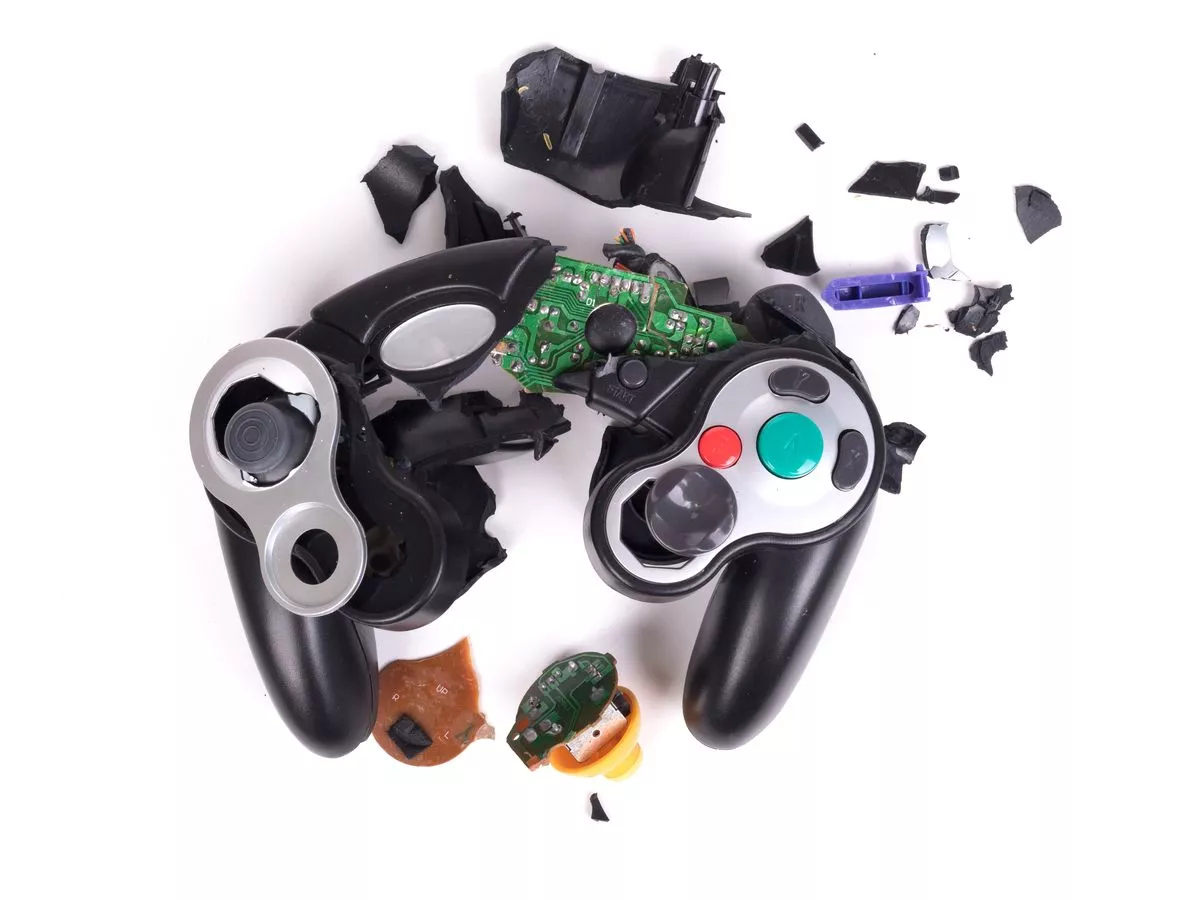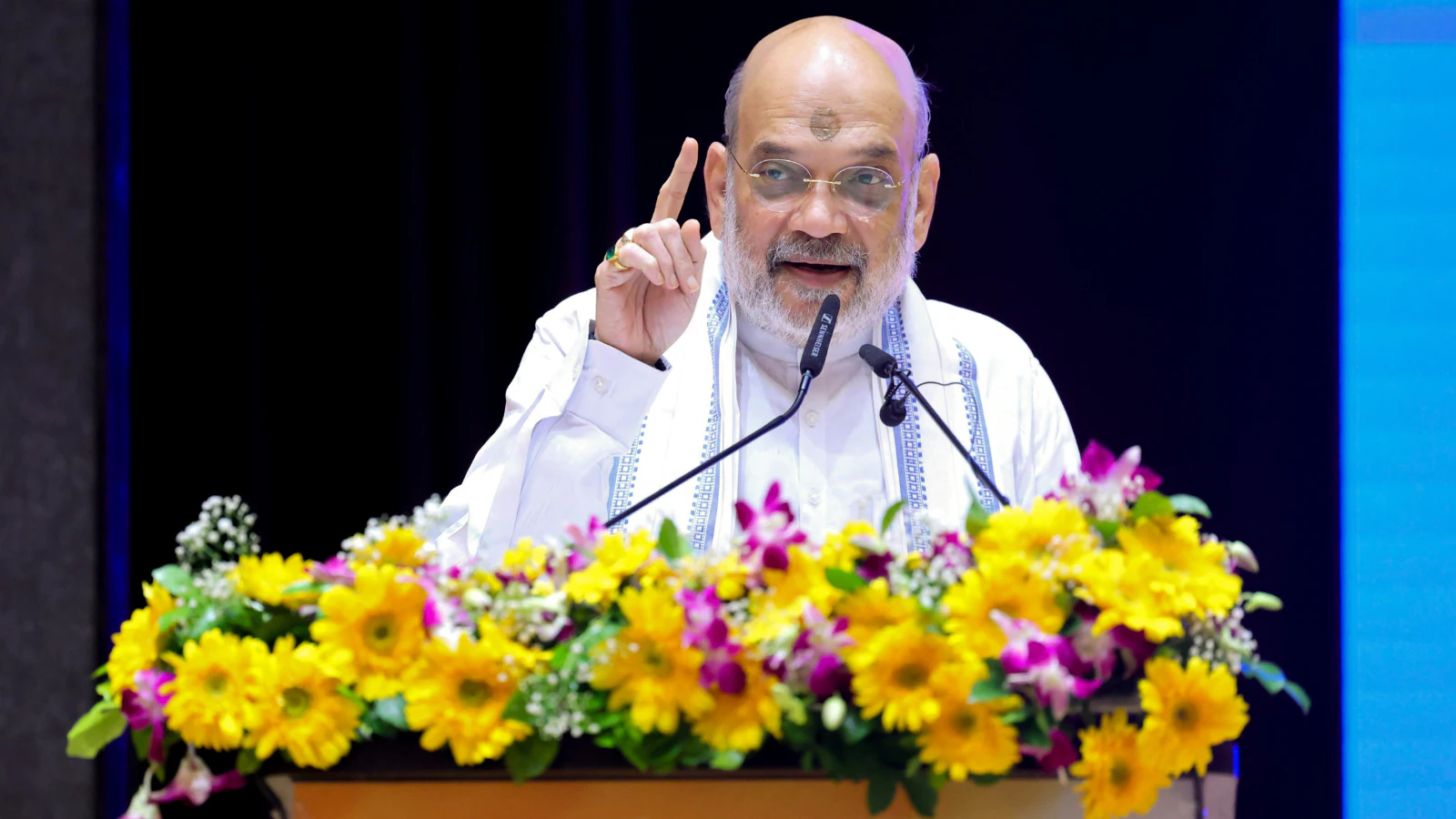Copyright birminghammail

Video game developers may be breaching consumer protection law by “switching off” games and making them unplayable for gamers who have bought them, an MP has said. Mark Sewards (Leeds South West and Morley) said the practice of opting to stop players from playing certain games could be unfair, as owners were not clearly told it could be the case when they bought the game. The Labour MP, who is part of a parliamentary group on consumer protection, raised the fear the practice could be rolled out to physical items with the increased role of digital technology in household items. Mr Sewards said: “When you buy something should you have the right to keep it? Let me be clear about the ask here. I am not demanding that publishers keep servers running forever. Campaigners are not asking for indefinite technical support. “We are not asking these companies to keep pouring resources into a game that they themselves are finished with. What we are asking is fairly simple. A publisher should not be able to deliberately disable every copy of a game that consumers have already purchased, leaving them with nothing.” He added: “The publisher should have a duty to ensure that the game, purchased and owned by the consumer, remains playable in some way.” Mr Sewards said: “The Government has said it has no plans to amend consumer law. And while I respect the Government’s position, I can’t help but observe that what’s happening in this space could be perceived as a breach of consumer protection from unfair trading regulations. “Those regulations prohibit traders from hiding information that consumers need to make an informed choice, and yet, when you buy a game today, you are almost never told how long it will remain functional. You are sold a one time purchase, but the publisher reserves the right to terminate it at any time for any reason.” His Labour colleague Warinder Juss (Wolverhampton West) said new regulations were needed. “We do not accept our mobile phones being switched off whenever a company produces a new model and wants us to buy a new model,” Mr Juss said. “So why should we allow thousands of pounds worth of games being made unplayable because new games have been introduced?” Mr Sewards added: “Do we really want to wait until our phones, our fridges, our cars are affected by this before we act in this small way on what is a relatively small area?” The Westminster Hall debate was sparked by an online petition signed by nearly 190,000 people that urged the Government to stop video game publishers from disabling video games. A similar European petition has more than 1.4 million backers. Concerns were raised after developer Ubisoft discontinued online racing game The Crew in 2024 and shut down its servers, rendering it unplayable. Campaign group Stop Killing Games has compiled a list of hundreds of games it believes are at risk of being disabled, including racing game Forza, and The Sims 4. The debate saw video games compared to works of Shakespeare, as Ben Goldsborough (South Norfolk) said culturally the blocking of games was akin to pulping every copy of William Shakespeare’s plays. Opening the debate, the Labour MP said: “Gamers deserve clarity. If a game is likely to go offline, they should be told. Where possible, offline modes should be provided. When closures are unavoidable, there should be clear notice periods and, where appropriate, refunds. And where a game has no commercial future, studios should be encouraged or supported to preserve assets for cultural history.” The debate heard video game developers have claimed it would be expensive to provide ongoing support for diminishing numbers of players. Culture minister Stephanie Peacock said the Government will consider asking Chartered Trading Standards Institute to develop guidance to ensure manufacturers clearly tell players that games could be deactivated when they are purchased. Ms Peacock said: “The passion behind the campaign demonstrates that the core, underlying principle is a valid one; that gamers should have confidence in the right to access the games that they have paid to play. At the same time, the Government also recognises the concerns from the video gaming industry regarding some of the campaign’s asks.” She added: “UK law is very clear. It requires information to consumers to be clear and correct, and the Government is clear, the law works, but companies may need to communicate better.”



